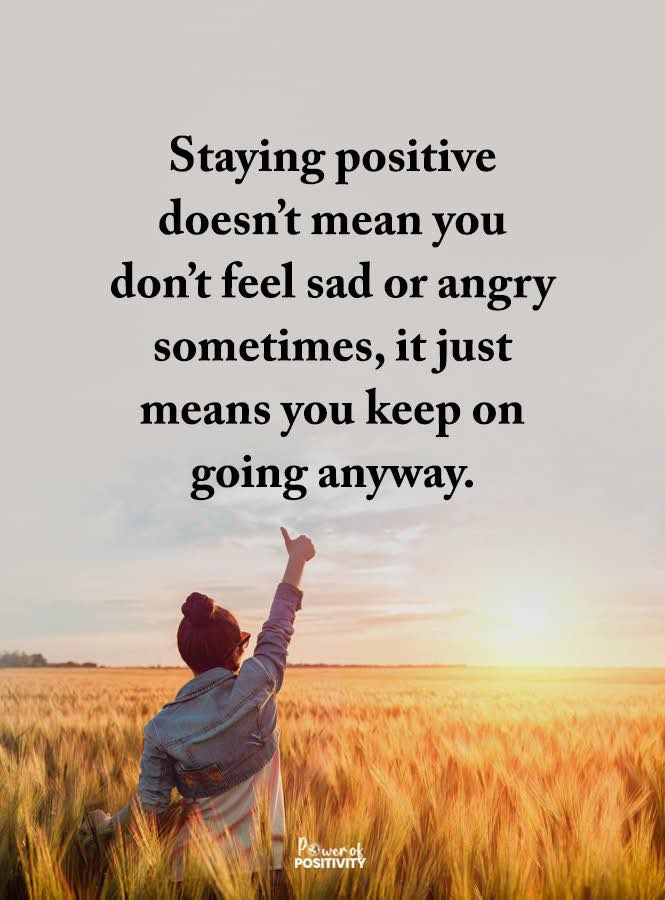Why do we buy things we don’t need? Have you ever bought something on impulse, only to wonder why later? It’s not just you—many of us fall into this cycle, and it’s often driven by emotions and social pressures rather than actual needs. Whether it’s the excitement of a sale, wanting to impress others, or simply trying to lift your mood, unnecessary spending has deeper psychological roots than we realize. Social media, ads, and even our daily habits push us to buy more than we need. The truth is, we often shop for comfort, validation, or out of habit, not because we truly need more stuff. Understanding why this happens is the first step to breaking the cycle. Let’s uncover the real reasons behind buying things you don’t need and how recognizing these triggers can help you take control of your spending.
Understanding the Psychology Behind Unnecessary Purchases
Have you ever wondered why buying things you don’t need feels so easy? Our brains often trick us into spending without thinking. Cognitive biases, like the belief that a sale means a good deal, push us to buy even when we don’t need to. Emotions play a big role too—feeling stressed, bored, or sad can lead to impulse shopping as a quick pick-me-up. And let’s not forget social pressure. Seeing friends or influencers with new stuff makes us feel like we need to keep up. But recognizing these triggers is key. When we understand how our minds work, we can pause, think, and make better choices. By spotting these mental traps, it becomes easier to avoid spending on things you don’t need and focus on what really matters.
The 8 Psychological Reasons Behind Unnecessary Spending
Here’s why you often buy things you don’t need—and how psychology plays a big part in it.
1. The Desire to Impress Others
Have you ever bought something just to make others notice you? It’s common, and it often comes from wanting to fit in or stand out. Social status plays a big role in why people buy things they don’t need. From designer clothes to the latest gadgets, many purchases are made to get approval or admiration from others. Society sets high standards, and the pressure to keep up can be overwhelming. Whether it’s friends, coworkers, or even strangers on social media, we feel the need to show that we “have it all.” But chasing approval through stuff often leads to overspending and regret. Realizing that true connections don’t depend on what you own can help you break free from this cycle.
2. Shopping as a Habit, Not a Need
Do you ever shop just because you’re used to it? Many people buy things they don’t need simply because it’s become a habit. Strolling through malls, browsing online stores, or checking out sales can quickly turn into a routine. Before you know it, you’re adding items to your cart without even thinking if you need them. Habits form when we repeat actions regularly, and shopping is no different. Breaking this habit starts with awareness. Next time you feel like shopping, ask yourself, “Do I really need this, or am I just bored?” Making a list of what you truly need and sticking to it can help you avoid unnecessary purchases.
3. Lack of Awareness of What You Already Own
Ever bought something only to realize you already had it at home? This happens more often than we think. When we don’t keep track of what we own, it’s easy to buy duplicates or unnecessary items. Cluttered closets, messy drawers, and overstuffed shelves make it hard to remember what’s already there. The result? Buying more things you don’t need. One simple solution is to get organized. Take time to go through your belongings, sort them out, and make a list of what you have. This not only helps you avoid buying the same things but also makes you more mindful of your spending.
4. Emotional Spending as a Coping Mechanism
Have you ever shopped to feel better after a bad day? Emotional spending is one of the biggest reasons people buy things they don’t need. Stress, sadness, loneliness, or even boredom can push us to seek comfort in shopping. Buying something new gives a temporary high, but it doesn’t last long. Once the excitement fades, the feelings often come back, along with regret over the money spent. Finding healthier ways to cope with emotions, like talking to a friend, exercising, or picking up a hobby, can help reduce the urge to shop unnecessarily.
5. The Influence of Advertising and Marketing
Ads are everywhere—on TV, social media, websites, and even in apps. And they’re designed to make you spend. Clever marketing tricks, catchy slogans, and tempting sales make it hard to say no. Social media influencers showing off products add even more pressure. It’s easy to believe that buying these items will make you happier, cooler, or more successful. But most of the time, these are just things you don’t need. Being aware of how ads influence you is important. Try limiting your exposure to ads, unfollow accounts that tempt you to buy, and always think twice before making a purchase.
6. Perceived Security Through Material Possessions
Do you ever feel like having more stuff makes you feel safer? Many people buy things they don’t need because they believe it gives them security. Whether it’s stocking up on items “just in case” or buying expensive things to feel successful, this mindset can lead to overspending. But having more doesn’t always mean being safer or happier. It’s important to understand that security comes from financial stability, not from piles of things. Focus on saving, budgeting, and investing in what truly matters.
7. The Pressure to Keep Up with Peers
We’ve all felt the pressure to keep up with friends or family. When people around you are buying new clothes, gadgets, or cars, it’s easy to feel like you should too. Social media makes it even harder, with endless posts showing off new purchases and lifestyles. This constant comparison leads many to buy things they don’t need just to fit in. But trying to match someone else’s lifestyle can quickly drain your bank account. Remember, everyone’s needs and financial situations are different. Staying true to what you need and what you can afford is key to avoiding unnecessary spending.
8. Falling for the “Investment” Sales Pitch
Have you ever been told that buying something is an “investment”? Salespeople and ads often use this trick to make you feel better about spending. Whether it’s a new gadget, a pricey appliance, or trendy clothes, calling it an investment makes it sound smart. But not everything you buy is a real investment. True investments add value over time, while most purchases lose value quickly. Before you buy, ask yourself if it’s truly necessary or if you’re just falling for a clever sales pitch.
How to Recognize and Overcome These Spending Traps
Tired of buying things you don’t need but not sure how to stop? The first step is to recognize what triggers your spending. Pay attention to when and why you shop. Are you bored, stressed, or trying to impress someone? Once you know your triggers, you can start to change your habits.
One simple tip is to wait before buying. If you see something you want, give it a day or two. Often, the urge fades once the moment passes. Budgeting also helps. Set a spending limit for each month and track where your money goes. This makes you more mindful of every purchase.
Another helpful method is to create a list before shopping and stick to it. Avoid browsing aimlessly, especially online. Lastly, set clear financial goals, like saving for something important. When you focus on your goals, it’s easier to avoid spending on things you don’t need.
Final Thoughts on Avoiding Things You Don’t Need
Understanding why we buy things we don’t need is the first step to making better choices. When you know how emotions, habits, and social pressure influence your spending, it’s easier to take control. Every time you stop and think before buying, you’re building a healthier financial future.
Small changes, like tracking your spending, setting goals, and being mindful of your triggers, can make a big difference. You don’t have to cut out everything—just focus on what really matters. The more aware you are, the easier it becomes to spend wisely and avoid things you don’t need.















